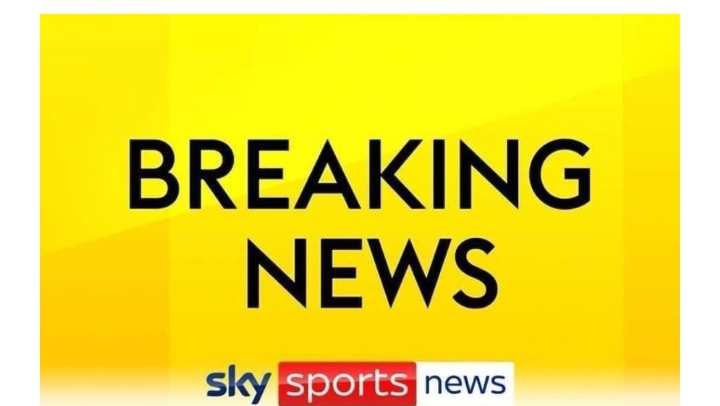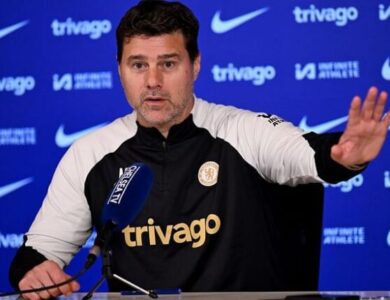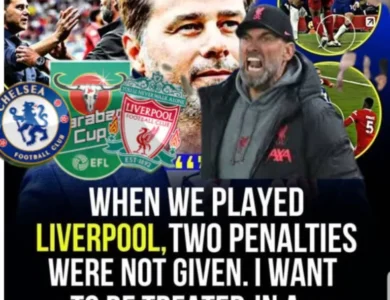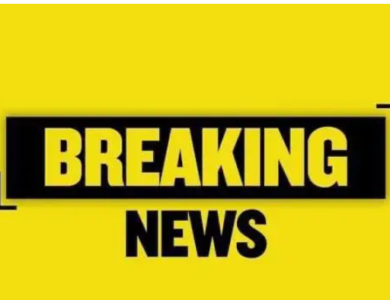Chelsea Manager Mouricio Pochettino has been Sacked this Evening in shocking scene after before Thier FA clash with Leicester City Tomorrow and his replacement has been named

Mauricio Pochettino’s potential clash with Chelsea’s ownership emerges following the appointment of Bernardo Cueva as the new set-piece coach. Pochettino insists on having the final say regarding Cueva’s presence on the touchline during matches. Despite Chelsea compensating Brentford around £750,000 for Cueva’s services, Pochettino previously diminished the role’s significance.
Traditionally, few Premier League teams, such as Aston Villa and Arsenal, deploy dedicated set-piece coaches on the sidelines, often providing instructions before such plays. While Pochettino expresses support for Cueva’s hiring, he asserts his authority in deciding the coach’s involvement during games. He emphasizes his role in determining his coaching staff’s composition and strategies, asserting that the decision ultimately rests with him.
Pochettino acknowledges the ownership and sporting directors’ endorsement of Cueva’s appointment, acknowledging the club’s desire to enhance its set-piece capabilities. He expresses openness to outside expertise to improve the team’s performance and acknowledges the importance of specialized coaching in certain areas, such as set pieces.
Previously, Pochettino questioned the necessity of specialized set-piece coaches, emphasizing the importance of player quality, particularly the takers. He notes the significance of having proficient set-piece takers like James Ward-Prowse, highlighting how such players elevate a team’s performance in these situations.
Pochettino underscores the coaching staff’s overall expertise and resources, including specialized analysts and coaching personnel. He discusses the ongoing search for a quality specialist player for the team, emphasizing the impact such players have on performance.
In reflecting on examples like West Ham’s utilization of Ward-Prowse, Pochettino emphasizes the player’s influence on set-piece success, suggesting that ultimately, it is the players who determine outcomes on the field, not just the coaching staff.




